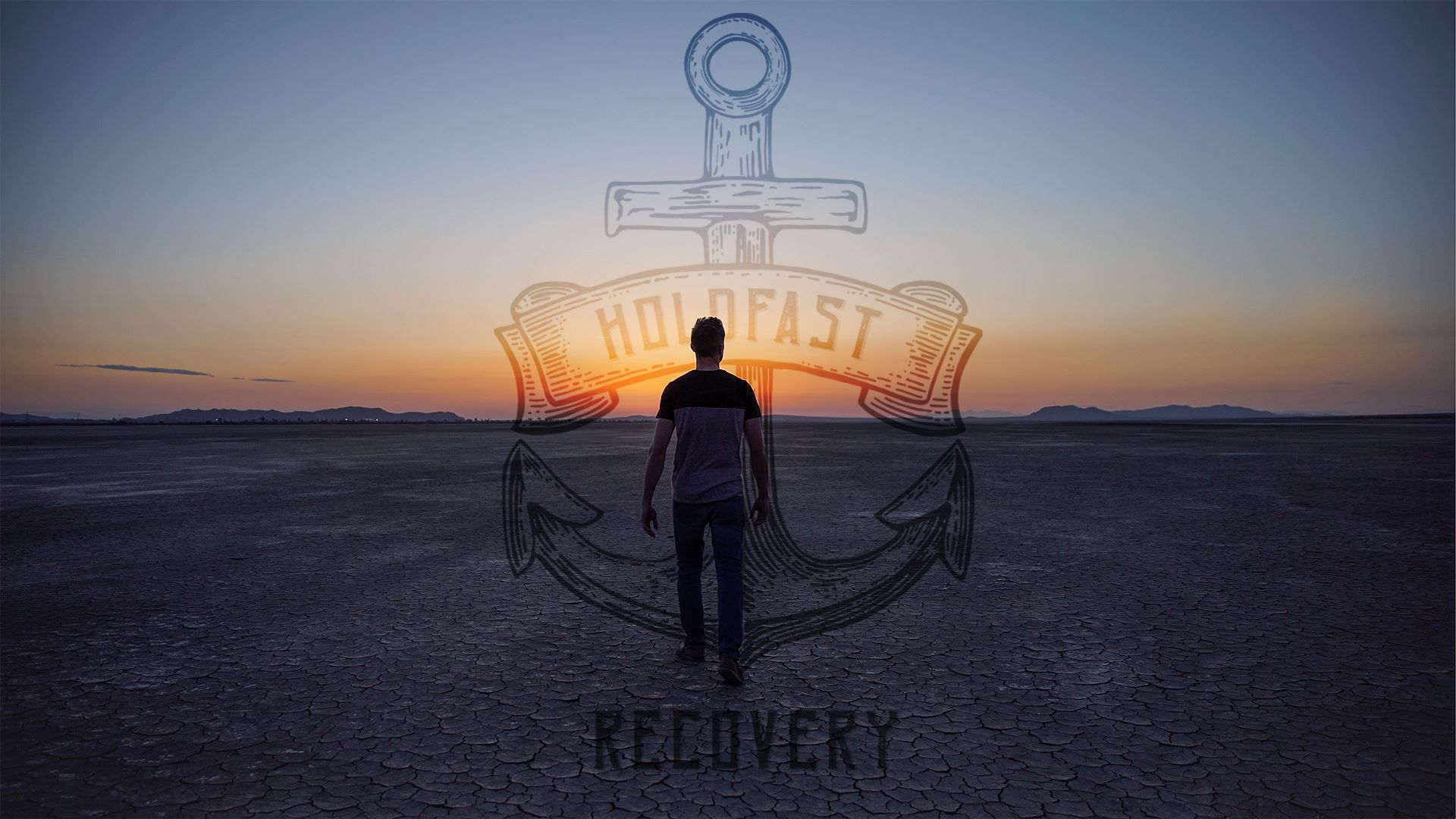Get Started Today
Holdfast Recovery Wants to Help
Due to the immense pressure and responsibility of serving our country, veterans are at a distinctly high risk of developing substance use disorders. Whether it’s an alcohol abuse problem, a dependence on prescription drugs that started during service or an addiction to an illicit drug that’s developed since resuming civilian life, rehab centers for veterans cater to your specific needs. Soldiers can incur co-occurring mental health conditions such as PTSD, and getting addiction treatment for both is essential.
Traditionally, people who have served in the military have a lot of pride and feel shame because they can see these conditions as weaknesses.
On the contrary, by putting your life at risk and fighting for the good of your fellow countrymen, you’ve exposed yourself to experiences that not many people go through. This has an inevitable impact on the brain and body. Often, EMDR therapy and targeted substance abuse treatment programs are the best ways to get you back on track and feeling ready to take on the world again.
There are many reasons that more than one in 10 veterans is diagnosed with a substance use disorder. It’s also assumed that this is an underestimate, as the military has intimidating zero-tolerance policies towards drug abuse, as well as the fact that there is a general stigma attached to addiction. Heavy drinking is seen as a legitimate coping mechanism during service, so it can be extremely difficult to self-identify when it has crossed into an uncontrollable compulsion.
Soldiers are often prescribed prescription medication such as benzodiazepines to help them cope with stress. While drinking and using pills is accepted, addiction is looked down on. Both substances are extremely addictive, and you don’t have a choice if you cross that line — substance use disorder is a disease. The conflicting messages about substance use can lead to people developing problems but feeling too embarrassed to speak up and seek help, which perpetuates this progressive illness.
Another major factor that can lead to ex-military personnel developing addictions is their increased risk of injury. If you’re in active service, you’re more likely to be prescribed strong painkillers, such as opiates. Some servicemen and women end up with chronic pain or brain injuries, which can significantly increase your risk of getting addicted to various substances.
Mental health problems are also more common in veterans, due to the extreme circumstances of combat duty. If you’re someone who has fought for your nation, you are brave and strong. Suffering from PTSD, anxiety or depression is a normal reaction to being put into extraordinary circumstances and certainly not something to be ashamed of.
Many veterans who suffer from drug or alcohol use disorders have co-occurring mental health problems. One of the most prevalent of these is post-traumatic stress disorder, previously known as battle fatigue or shell shock. Witnessing the horrors of warfare can bring on this perfectly human response to trauma and startling events. If you have experienced any of the following symptoms, it’s imperative that you seek help at a treatment center:
Alcohol problems are the most common substance use disorder faced by military personnel. While alcohol use is not permitted while on duty, many service members report using it to unwind after a hard day and night on the job. If you’ve been through this, you will become an expert at hiding any developing problems with your use of alcohol. This is because compulsive substance use is looked down on by superiors.
The act of being secretive about your behavior can be a major risk factor for allowing the problem to get progressively worse. Once you return home, you may have developed a dependence on using alcohol to destress. You may start to drink heavily to drown out memories or deal with the pressures of daily life, causing you to spiral further into addiction.
Sleeping pills, benzodiazepines, opiate painkillers and ADHD medication are the prescription drugs most commonly abused by military personnel. All these drugs have a high risk of addiction and shouldn’t be used consecutively for more than a few weeks. Servicemen and -women can end up using them longer, either causing addiction or priming your brain to develop an addiction further down the line. Many veterans use drugs to help them cope once they have left military service.
Illicit drugs are more difficult to get hold of and use during service, as soldiers are regularly drug-tested. However, many veterans go on to develop addictions to illegal drugs once they have finished their tour of duty. Often, substances are used as coping mechanisms to try to dampen the intense feelings caused by PTSD, depression or anxiety.
You are not alone. Addiction is a disease and not a sign of weakness or low morals. The best thing you can do for yourself, your family members and loved ones is to seek help in a men’s drug rehab program that specializes in helping veterans to recover.
To find out more or speak to an expert about what you’re going through, call Holdfast Recovery center in Arizona at (928) 378-3599.


At Holdfast Recovery, we treat both alcohol addiction and all forms of drug addiction (including co-occurring mental health disorders). We offer an array of programs to target your unique needs.


